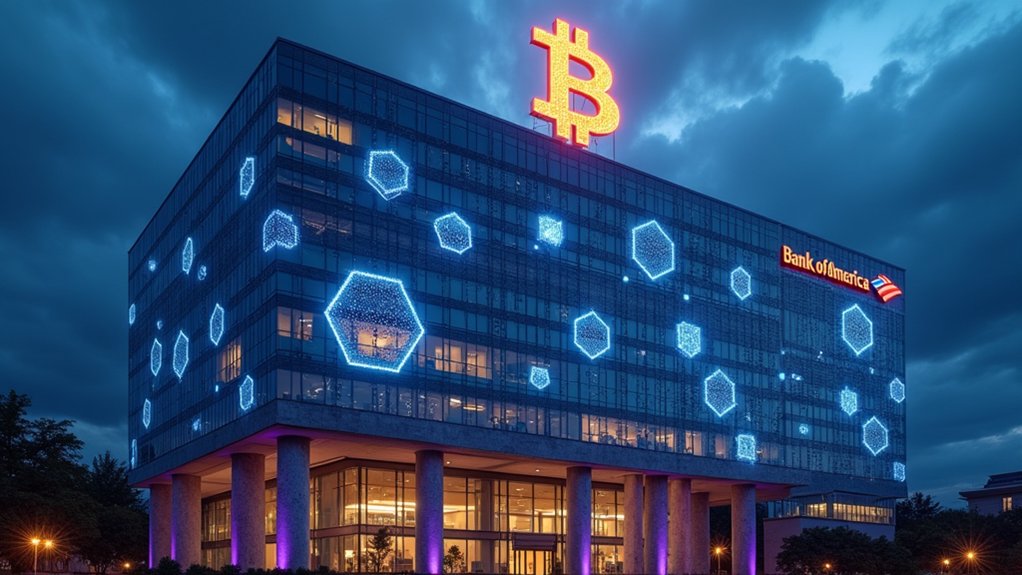When Bitcoin emerged from the digital shadows in 2009, it promised a financial revolution—a world without middlemen, central authorities, or concentrated power. The perfect libertarian dream. Fourteen years later, that vision looks a bit different. The ideals remain intact, but reality has a funny way of complicating things.
Bitcoin’s protocol itself remains technically decentralized. Anyone can run a node. Anyone can validate transactions. Thousands do, spread across the globe. No single entity controls the ledger. That’s the good news. The technology works as designed.
But look closer at who actually mines Bitcoin, and the picture changes. Mining isn’t for the little guy anymore. It requires massive computing power, expensive hardware, and cheap electricity. The result? Just 4-6 mining pools control most of Bitcoin’s hashrate. So much for decentralization at the operational level. These operations cluster in places with cheap power—increasingly in the United States. Recent regulatory shifts have encouraged more institutional participation in the mining sector. Kazakhstan’s in the game too. Geography matters. While personal computers were once sufficient for mining, today’s competitive landscape requires specialized ASIC miners or participation in mining pools to see any rewards.
The dream of decentralized mining has given way to a handful of powerful pools controlling Bitcoin’s beating heart.
Then there’s the money. Wall Street didn’t stay away for long. Institutional investors now hold massive Bitcoin positions. They’re not exactly the cypherpunks who bootstrapped the network. The top 110 crypto whales control approximately 15.35% of all Bitcoin in circulation. These corporations don’t mine Bitcoin—they buy it, store it, and trade it on centralized exchanges. The same middlemen Bitcoin was supposed to eliminate are now its biggest players.
Governance remains relatively decentralized. No CEO can change Bitcoin’s rules overnight. Updates require broad consensus from developers, miners, and node operators. That’s by design. But influential voices carry more weight. Money talks, even in Bitcoin.
For regular users, Bitcoin remains accessible. Download a wallet, buy some sats, you’re in. But most people use centralized exchanges and services. They’re easier. Convenience often trumps ideology.





